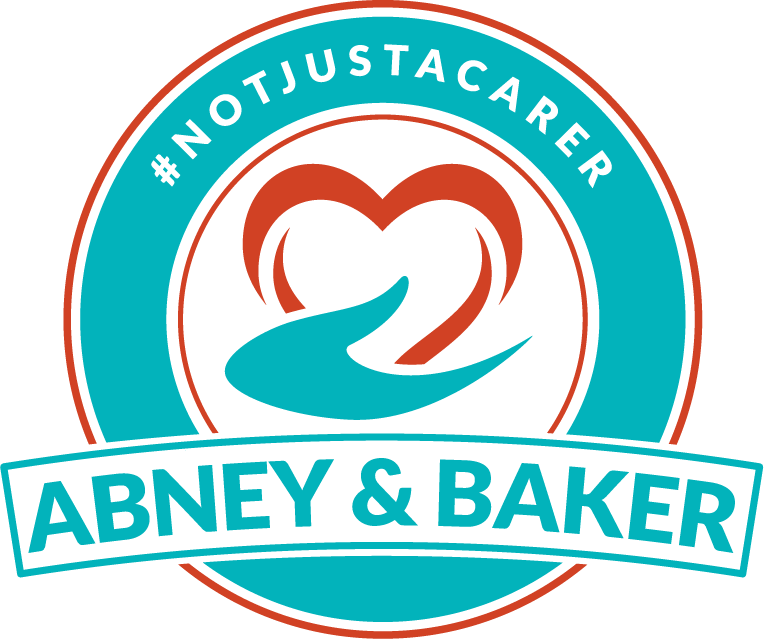The Challenges Of An Aging Global Population
Our elderly generation faces special physical and mental health challenges that need to be addressed to live a good standard of life. Mental health and well-being are important in all walks of life, but they become even more significant as we get older.
Seniors can face a myriad of health problems and disabilities. Mental and neurological disorders account for 6.6% of these. Other estimates suggest 15% of adults over 60 suffer from a mental illness. Therefore, it is important to ensure that people over 60 receive the right treatment, therapy, and care to fully function in their daily life.
Our elderly play a significant role in our communities, they provide us with a sense of warmth, love, and trust, as well as wisdom and knowledge to guide coming generations. If they are provided with the right care and treatment, they can be they can be happy and independent individuals who are vital members of the community.
Those over 60 are more likely to develop mental disorders, neurological disorders, and other types of disorders that can hamper mental and in some cases physical abilities. These mental health problems, coupled with any other medical conditions, such as diabetes, hearing loss, osteoarthritis, and/or any other physical illness, can further complicate matters.
Types Of Mental Illnesses Commonly Found In People Over 60
In the early stages of Alzheimer’s disease and dementia, it is common for your parents, and/or grandparents, to experience some form of mental illness, the most common being depression.
However, there are many types of mental illnesses or disorders that can adversely affect your elderly loved ones. Mental illnesses such as anxiety disorders, panic disorders, obsessive-compulsive disorder, phobias, bipolar disorder, depression, mood disorder, eating disorder, personality disorder, post-traumatic stress disorder, and psychotic disorders are far too common today.
Such mental illnesses can be treated with proper diagnosis and a well-thought-out treatment plan. Modern medicines and a good support network can help cognitive functions improve, leading to a more active lifestyle and independent lifestyle.
Dementia or Mental Illness - What’s The Difference?
Although types of dementia affect mental health, they are not mental illnesses. Dementia is a brain disorder that results in memory loss and trouble communicating. Unlike depression or other forms of mental illness that happen more suddenly, people living with dementia decline over a period of time, this depends on the form of dementia they have. Good care and support is vital to help keep on top of your loved one’s dementia needs.
People with dementia or Alzheimer’s might also have other psychotic conditions. If you have a family member diagnosed with Schizophrenia, they also risk acquiring other forms of mental disorders.
Symptoms of these disorders include:
Extreme sadness
Feelings of hopelessness
Disinterest in people and previously-enjoyed activities
Irritability
Anxiety about change, going out of the house, strangers, etc.
Feelings of suspicion or paranoia
Sleep disturbances
Agitation
Restlessness
Increased aggression
Erratic behaviour
Pacing
Immobility
Delusions
Hallucinations
Verbal or physical abusiveness
Refusal to cooperate
If you have a loved one demonstrating symptoms of dementia, or are waiting for a diagnosis of dementia, and you’re worried you can’t give them the care and time they need, homecare services/domiciliary care may be a good option for you. These trained professionals can provide the care and support your loved one needs when you are not around.
Making the Distinction Between Dementia & Mental Illness
Dementia is a health condition that affects your brain function. But as mentioned above, it isn’t a mental illness. Instead, it is a disorder of the brain that causes memory loss and communication difficulties.
The chances of incorrect diagnosis are high, because mental illnesses have symptoms similar to dementia. It's important to get a clear look at the symptoms of dementia and mental illness to conduct an accurate diagnosis.
Common Mental Illnesses in the Elderly
There are many mental health disorders that occur more frequently in seniors, so it is important to diagnose them at the earliest, or they can further complicate. The most common mental illnesses are:
Depression:
Chances of having depression increase as people age. In most cases, the loved one diagnosed with depression is surrounded by feelings of social isolation. Being left alone for long periods can harm their emotional well-being and cause depression. Depression is the earliest symptom of dementia, so it is important to get the right treatment once your loved one shows signs of depression.
Late-onset bipolar:
Manic behaviours, agitation, and delusions are common signs of late-onset bipolar disorder. Plus, it is difficult to diagnose because of its similarities to dementia symptoms.
Dementia-like symptoms: What else could it be?
Other conditions can also cause dementia-like symptoms, but they might be treatable. Sometimes emotional distress, side effects from medications, nutritional deficiencies, and depression can be mistaken for symptoms of dementia.
These conditions can also cause a lack of daily activities due to memory loss or cognitive imbalance. Therefore, you need to consult a doctor to determine if the condition faced by your loved one can be treated or not.
Home Care Services For Your Loved One
When a loved one is diagnosed with a mental health condition, such as Dementia one of their family members tends to take it upon themselves to become the care at home caregiver. But eventually, you can get overburdened by 24/7 care and support. You'll also likely feel guilty asking for help from others.
However, it is important to remember that there is no shame in getting professional home care services for your loved one when it starts to affect your well-being.
At Abney and Baker, we provide professional personal care facilities for your loved one diagnosed with dementia. Our dementia care providers ensure your family member feels safe and supported. This way, you can focus on other aspects of your life while having the peace of mind that your parent or relative is in safe and caring hands.
Our pricing is affordable, and the quality of care is second to none. See how other families have benefited from care and support at home with our home care services here.
For information on our award-winning Companionship Support Services in Melksham and Home Care Services across Melksham, Devizes, Calne and the Midsomer Norton area as well as Bath & North East Somerset, get in touch.
Helping you to continue living independently and confidently in your own home.
By providing a range of support at home, we’re helping many clients across Bath & North East Somerset and West Wiltshire retain their independence and stay in control in the comfort of their own homes.
Remember we’re always here if you want to chat about your care options. Just get in touch:
Call 0333 043 4880 - Email enquiries@abneyandbaker.com - Book a call here




